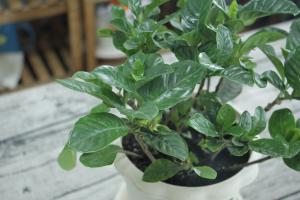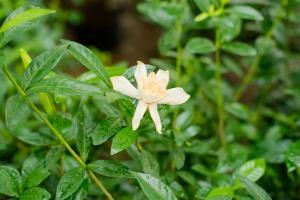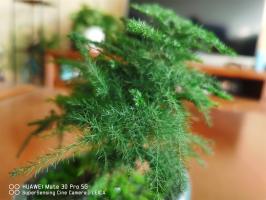Earthworm dung
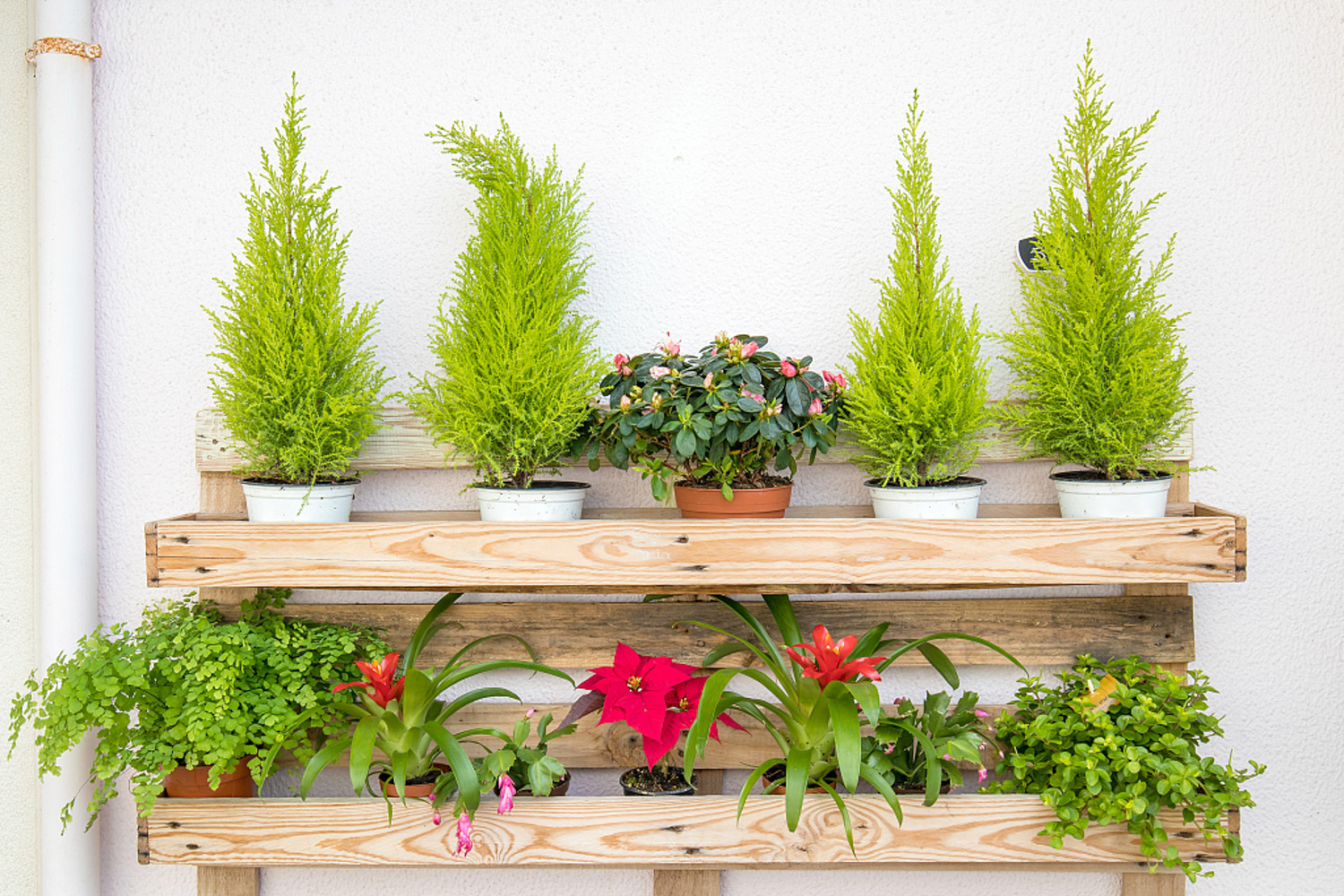
Earthworm dung, don't you know if you have paid attention to it? Earthworm dung, a flower raising artifact, is as effective as chicken dung. After the rain, Huahua often wanders around the green space of the community to search for some to take home to raise flowers

Usage:
1. If you don't find much, crush it directly, sprinkle it into the flowerpot and cover it with a layer of soil, so that the fertility of earthworm dung will seep down with the water every time you water in the future
2. If you are lucky enough to pick up a lot of earthworm dung, you can mix earthworm dung with garden soil in the ratio of 1:3, and you can plant flowers directly
Pine bark
I don't know if there are orchids in the flower friends' home. If there are, you have to pick up the fallen pine bark when you go out! Pine bark is breathable and drained. It is used to raise orchids. Its leaves are oily green and never rotten roots. The effect is very good
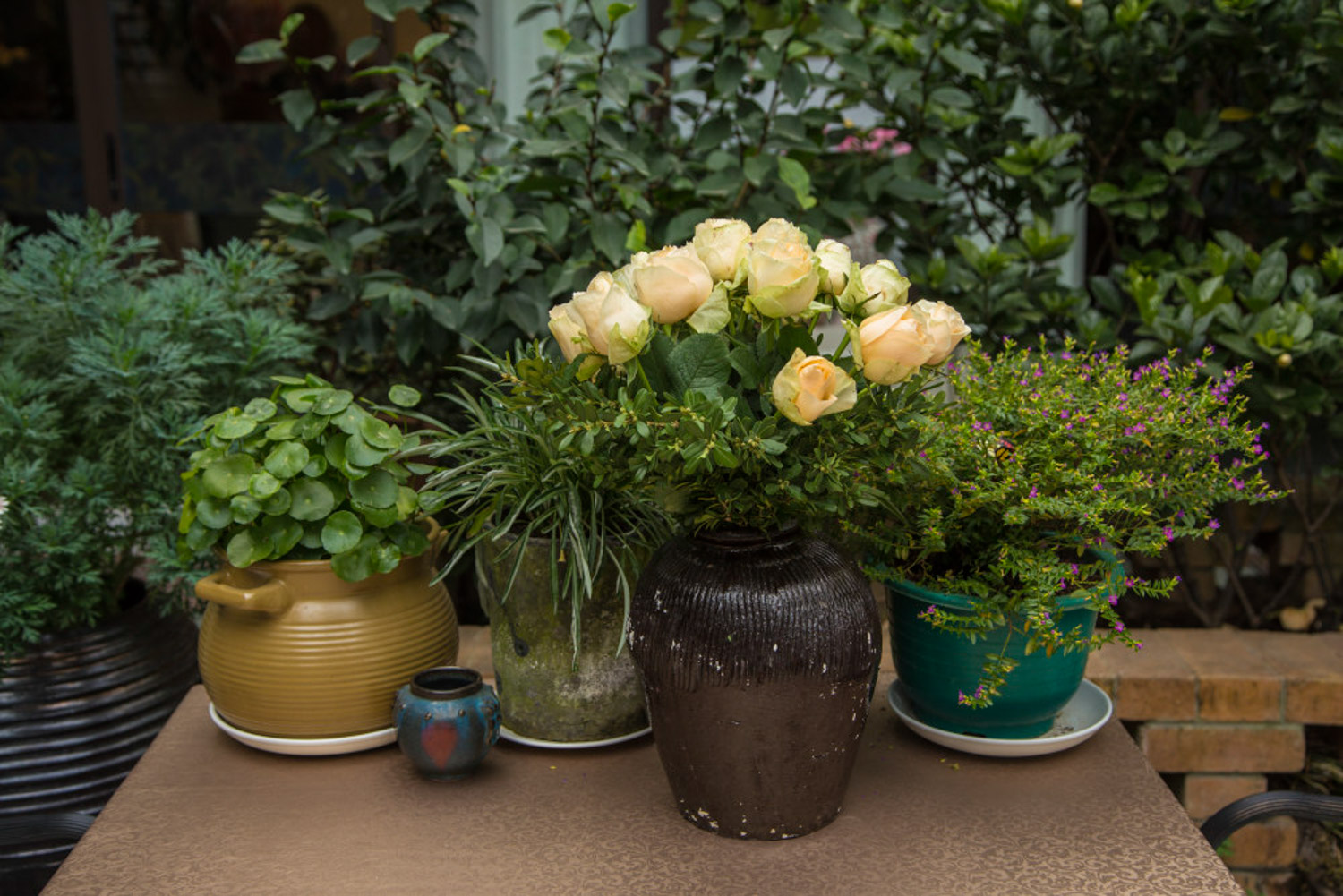
Usage:
1. Pine bark must be used after ripening, so that its effect can be fully displayed. Otherwise, pine bark will begin to ripen in the flower pot, which will burn the root system
What is the rotten pine bark like? Remember the words of Huahua. As long as it is under the pine tree and after natural ripening, the surface color is black and can be crushed with a gentle pinch. If you don't attract insects, you can take it home
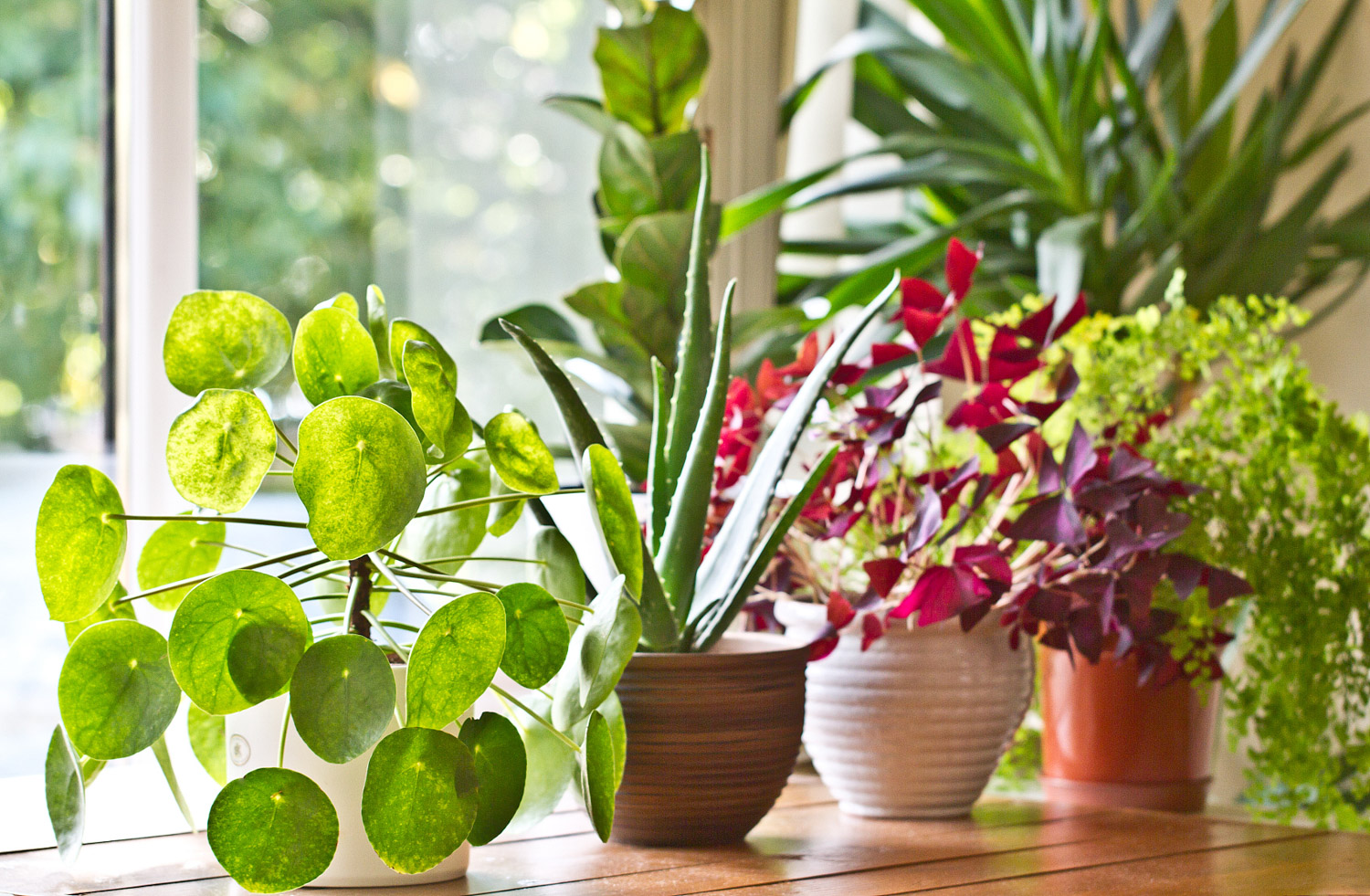
2. If there is no rotten pine bark, only the hard one that has just fallen down, then we can rotten by ourselves. Break it into small pieces of about 3cm, soak it wet, seal it in a plastic bag and put it in the sun. After about half a year, the bark can be taken out after its surface is blackened. If you think it's too slow, cook it in a pressure cooker in advance, which can shorten the time a lot
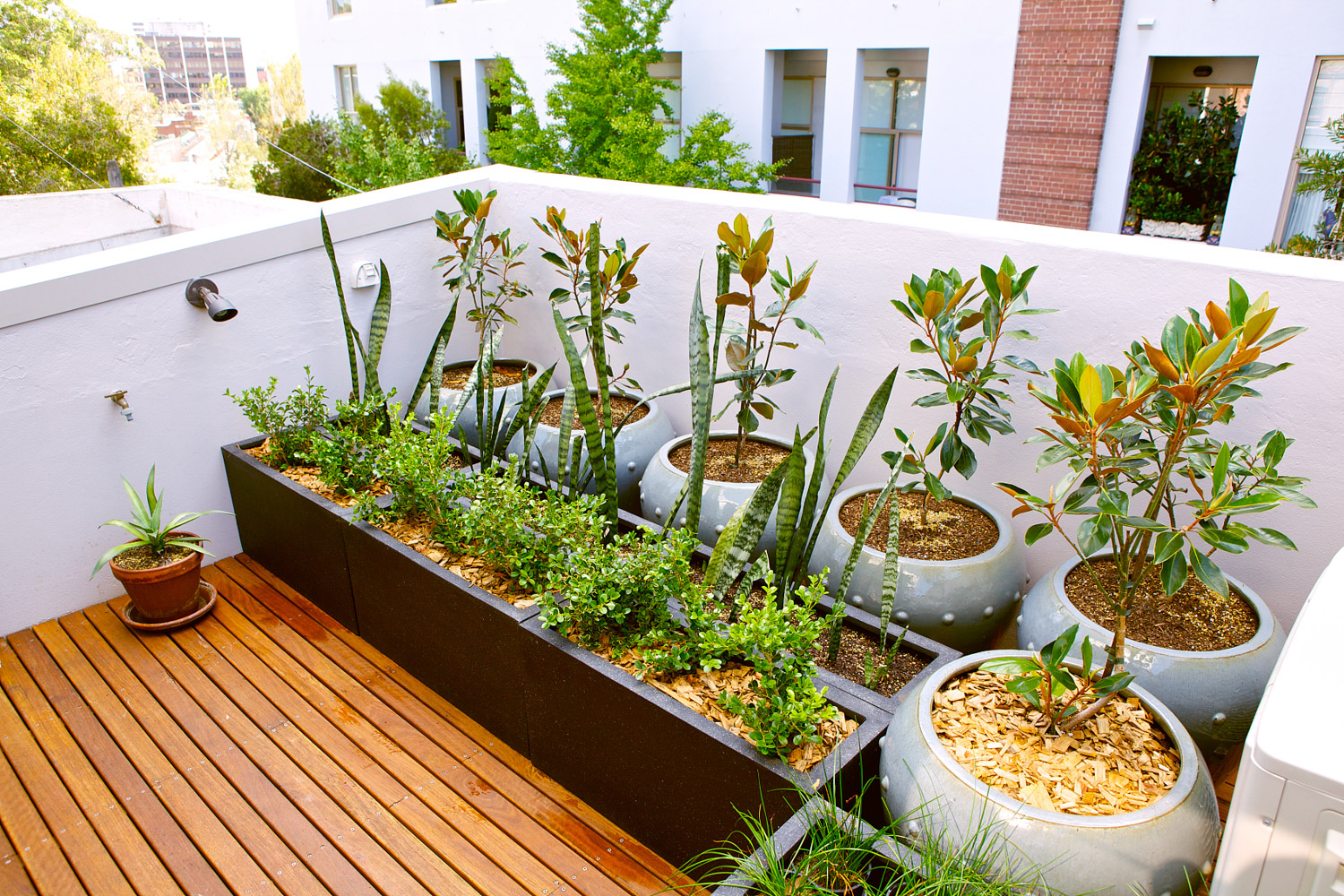
(author: the best of times comes, source: Orchid bar)
3. Water the bark thoroughly with boiling water and sterilize it. After drying, prepare the rotten pine bark, perlite and peanut shell. According to the ratio of 4:1:1, you can raise orchids

Sand
Huahua passed by a construction site yesterday and saw a lot of sand piled there. She asked the workers for some and took it home to raise flowers. I believe that friends who love raising flowers have had such an experience. Cutting with sand has the advantages of fast rooting and no rotten roots. Many people like to use it

Usage:
1. Wash the sand in water for five times, and then spread it out in the sun. Then prepare plastic cups and drill holes in them

2. Pour the dried sand into the plastic cup. Insert the cuttings treated with carbendazim into the fine sand, fill them with water, and remember to add water every day, so that they will take root soon

3. When the root system is stronger, it can be moved to the flowerpot

Pine needle
Pine needle pad at the bottom of the basin has a very effective preventive effect on the rotten roots of plants. Because it is loose and breathable and has good water permeability
Usage:
1. The surface pine needles at the bottom of the tree are generally immature. Such pine needles cannot be used directly. Otherwise, if you burn the root, don't blame Huahua for not reminding you
2. It is best to dig the lower layer and naturally mature pine needles. If you can't dig it, you can also take fresh pine needles and let it rot manually

3. How to do it? First, prepare a large plastic bag, put pine needles in it, water and wet it, and then seal it. Place it in a place with high temperature, ferment for 2 months, and the rotten pine needle can be used. When turning the pot, mix it into the soil, or cover it directly into the flower pot soil

Willow branch

I wonder if you have tried the wicker rooting method? Huahua tried it last time, and the effect was strong. She immediately introduced it to her friends who love raising flowers. The wicker rooting method is mainly to soak the cuttings with wicker extract to make them take root quickly. Because wickers are rich in growth hormone, as the saying goes, "inadvertently inserting willows into the shade" comes from this
Usage:
1. Select the willow that is born in that year, remove the leaves and cut it into small segments of about 10cm
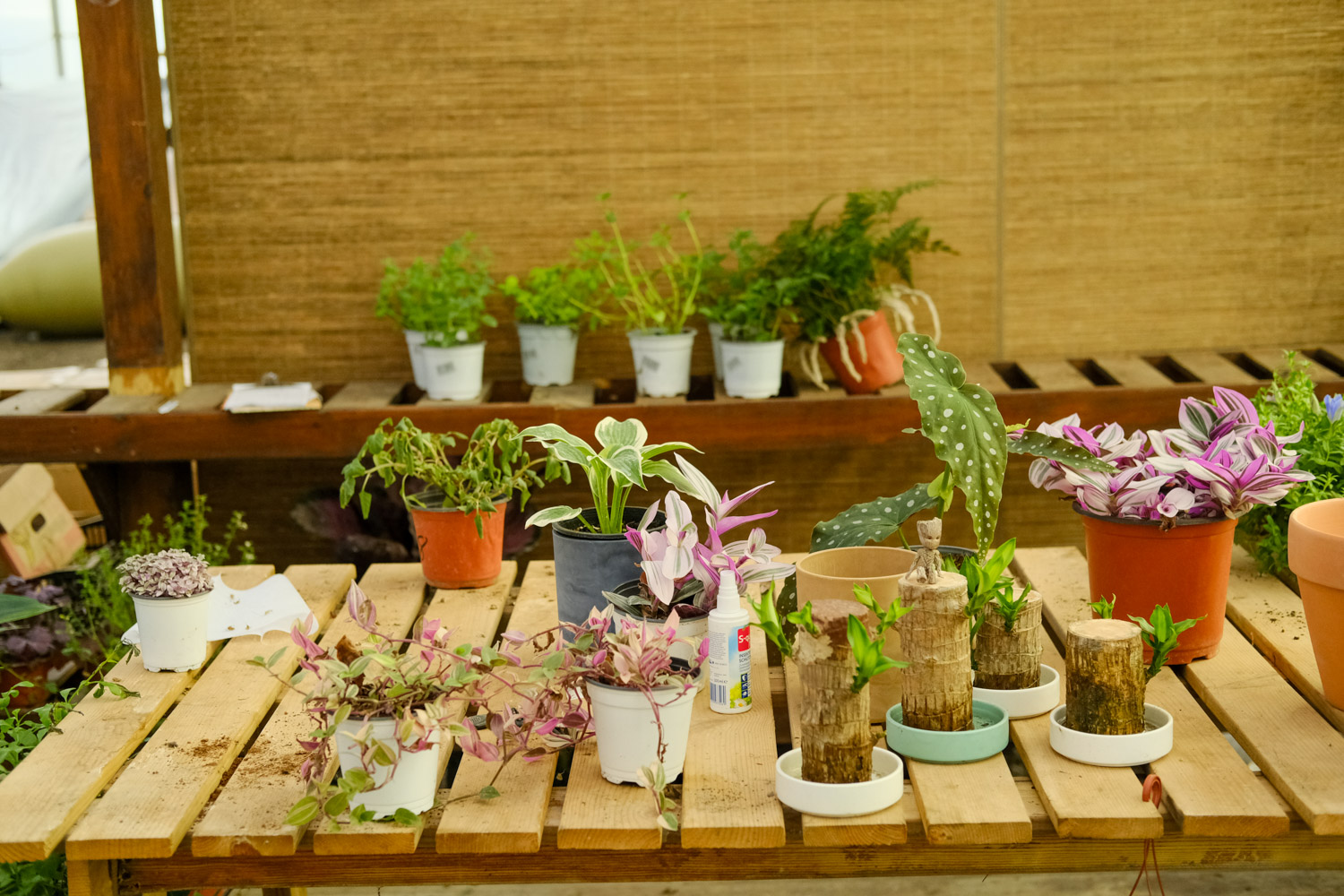
2. Pound with a heavy object for a few times, so that the soaking time can be shortened

3. Then soak it in clear water for four or five days, and then soak the bottom end of the branches that need cutting in willow liquid! After 2 days, take it out and insert it into the sand
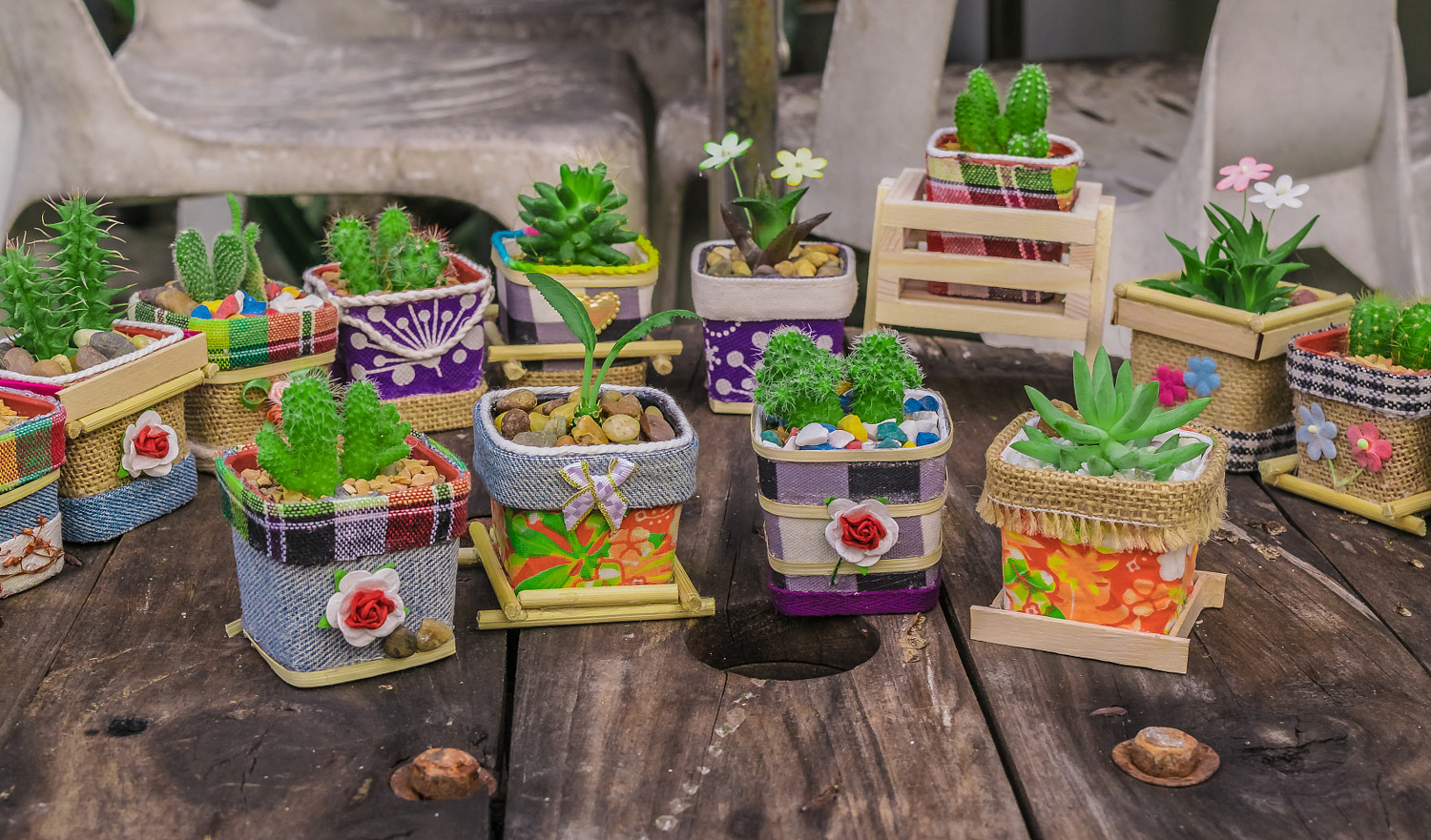

 how many times do yo...
how many times do yo... how many planted tre...
how many planted tre... how many pine trees ...
how many pine trees ... how many pecan trees...
how many pecan trees... how many plants comp...
how many plants comp... how many plants can ...
how many plants can ... how many plants and ...
how many plants and ... how many pepper plan...
how many pepper plan...
